Supply chain management and logistics are important areas in which artificial intelligence and machine learning can be leveraged to streamline and optimize operations. Artificial intelligence and machine learning are not new technologies, however, they are now more accessible than ever due to advances in computer science and increases in computing power.
To quickly recap, AI refers to intelligence displayed by machines while machine learning is an application of AI wherein machines learn automatically from experience without explicit programming.
Industries that have already successfully adopted AI and machine learning include manufacturing, technical support, and healthcare. Additionally, the consumer realm has welcomed artificial intelligence with the explosive growth of voice-assistant applications and IoT devices that incorporate machine learning.
Now is the right time for the supply chain management and logistics industry to incorporate the use of AI, not to replace human skills but to augment them. Read on to find out five ways supply chain management can benefit from AI technologies, including machine learning.
Extend Equipment Life Cycle with IoT and Machine Learning
You can use Internet of Things(IoT) sensors to gather usage data on important supply chain assets, including transportation equipment, warehouse equipment, and other machinery.
The data on its own is meaningless, however, combined with the power of machine learning algorithms, a whole new world is opened up in terms of analyzing this usage data and deriving insights about equipment effectiveness and the causal factors that most impact on performance. Using this data, you can extend the life cycle of your most important supply chain assets and get more from what you have.
Predictive Logistics
AI technologies such as machine learning can use real-time data, such as current global and local weather conditions, and historical data, such as past order volumes, to make accurate predictions on future logistics concerns, including potential disruptions, demand forecasts, and optimal shipment solutions.
AI-powered logistics platforms, with their predictive logistics, look set to improve efficiency and profitability for organizations in addition to driving a proactive approach to important supply chain management decisions.
Last Mile Tracking
The last mile is the final frontier of logistics, referring to the last stage of a product’s journey from origin to end customer; typically from the nearest distribution center to the final delivery address. Last mile logistics present a significant challenge in terms of efficiency, and the cost of the last mile comprises 28% of the total costs of delivering goods.
Customers demand more visibility than ever into the last mile, which has created a need for last mile tracking so that customers know exactly where delivery drivers are and precisely when they’ll arrive. Furthermore, businesses want internal last mile tracking for the purposes of maintaining visibility over supply chains and improving supply chain operations, so they become customer-centric.
Real-time full visibility tracking of the last mile is impossible to implement without accurate geocodes, and current systems require too much standardization in how people write addresses to work all the time. To overcome this issue, Detrack announced George, the world’s first geocoding AI, in March 2018. Its algorithms dramatically improve the success of geocoding addresses, leading to improved last mile delivery operations and tracking.
Automated Quality Inspections
Watson is IBM’s powerful natural language computer system, and its machine learning algorithms have the power to accurately analyze industrial equipment for defects. Normally when packages or containers arrive at logistics hubs, the shipments are analyzed, typically by people, for signs of damage or wear that occurred during the shipment stage before being passed on to the end customer.
However, manual inspection is time-consuming and existing attempts to automate haven’t been sufficiently accurate. IBM Watson perhaps provides the answer due to its accuracy, combining visual and systems-based data with machine learning capabilities for automated inbound quality inspections that automatically categorizes faults. This leads to maintenance teams proactively fixing the defects identified by AI-powered quality inspections, reducing the risk of delivering faulty goods to end customers.
Better Supplier Quality Management & Compliance
In heavily-regulated industries, such as aerospace, food, and healthcare, supplier quality and compliance concerns are imperative, and companies tend to invest a lot of money and time in ensuring every part used to make their final products is tracked and traced. The end goal is to build up a store of high-quality suppliers that help meet industry-specific regulations, every time.
Machine learning applications can streamline track and trace reporting for all parts, saving time and money on supplier quality management. Coupled with the use of machine learning to identify defects in products, this particular benefit of AI becomes even more powerful. Improved supplier quality management is particularly helpful considering companies typically rely on external suppliers for over 80% of the components that are assembled into a final product.
Wrap Up
Increased AI adoption in supply chain management will streamline operations by eliminating tasks that are time-consuming and expensive to perform using existing technologies and human expertise. Furthermore, AI drives value to the supply chain through its ability to make more accurate future predictions and optimize last mile delivery. The five benefits outlined here represent a small sample of what AI brings to supply chain management and logistics.
Author – Limor Wainstein
Courtesy of https://datafloq.com/read/amp/supply-chain-management-machine-learning-ai/5402

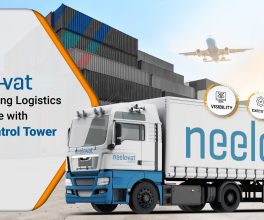
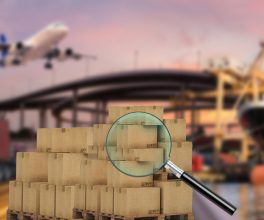
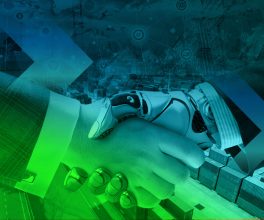



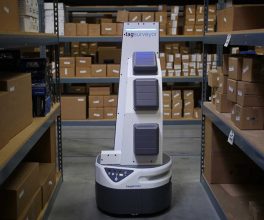
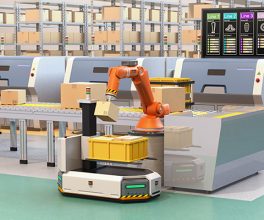
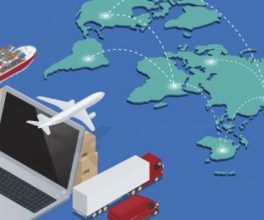
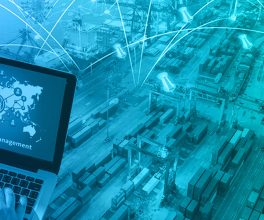


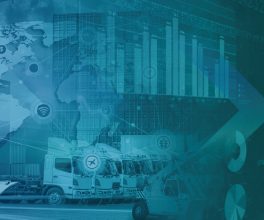





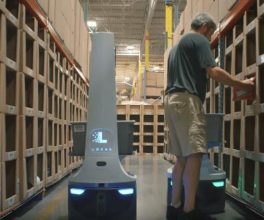

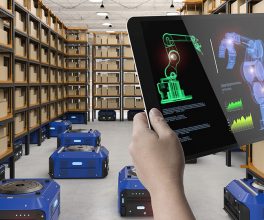
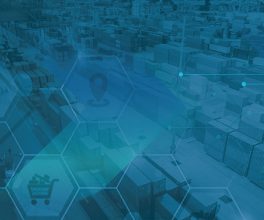





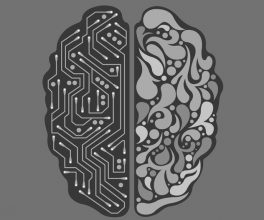
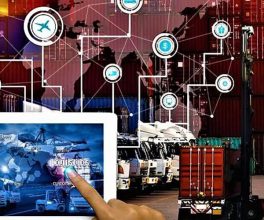



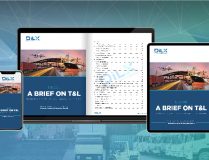


Companies are extending the life of key supply chain assets including machinery, engines, transportation and warehouse equipment by finding new patterns in usage data collected via IoT sensors. The manufacturing industry leads all others in the volume of data it produces on a yearly basis. Machine learning is proving to be invaluable in analyzing machine-derived data to determine which causal factors most influence machinery performance. Also, machine learning is leading to more accurate measures of Overall Equipment Effectiveness (OEE), a key metric many manufacturers and supply chain operations rely on.
continuously i used to read smaller content that as well clear their motive, and that is
also happening with this article which I am reading now.
Thanks for sharing your info. I really appreciate your efforts and I
will be waiting for your next post thanks once again.